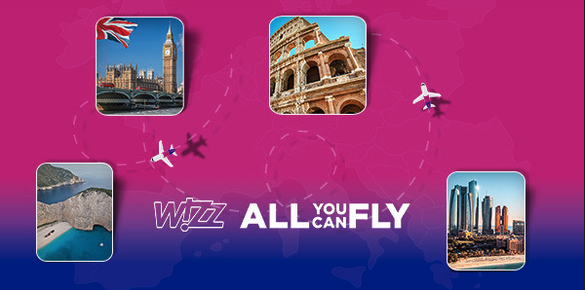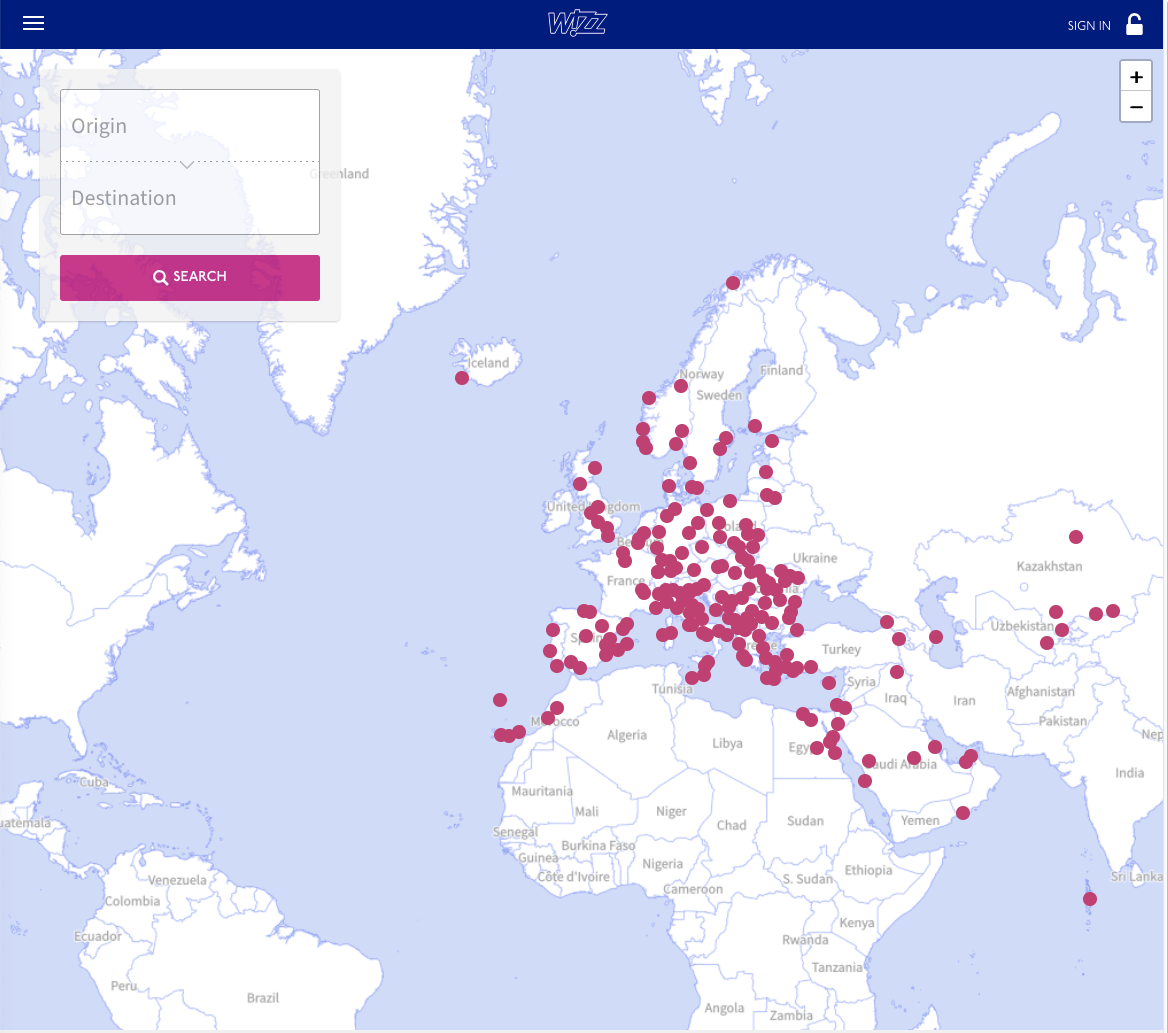The concept of “all you can fly” passes – that is, pay one price to an airline and be able to fly for (almost) free, has been around, on and off, since the early 1980s. American Airlines offered their “AAirpass” back then (I love Mark Cuban’s story surrounding how he got his AAirpass), and United offered a Lifetime Pass in the early 1990s, as well.
Both of those programs offered “passes for life” – as long as you followed the rules, you could have flights on “that” airline for the rest of your life. The price to buy the pass was crazily high, which gave the airlines a much-needed cash flow at the time. However, over the decades, both airlines have lost money on the deal since those who still are around are still using those passes (and are, undoubtedly, flying as much as they possibly can).
Fast forward a few years and both jetBlue and Frontier have offered modified versions of these passes, wherein you pay one price and could fly as much as you wanted for X amount of time. JetBlue’s “All You Can Jet” pass could be bought for 30 days of flight (but they haven’t sold them since 2010). Frontier’s “Go Wild” pass can still be purchased on a seasonal basis.
All You Can Fly pass
In Europe, low-cost European carrier Wizz Air introduced their “All You Can Fly” pass in August of this year. They had 10,000 such passes for sale, and it sold out in 48 hours.

And now they’re going to do it again.
The airline’s CEO, József Váradi, recently said in interviews that the low-cost European carrier is preparing to launch ‘All You Can Fly 2.0.’ This time, they’ll offer 15,000 such passes.
In an interview with The Telegraph, Váradi told the paper that the original pass had seen “huge demand.”
Similar to issues Frontier customers face with their “Go Wild” passes, some “All You Can Fly” passengers have had difficulty booking the flights they want. Wizz Air has also had some pushback from environmental groups. But for the flyers who have been able to work with the system (read: those who are OK with booking at the last minute and have no location preferences), their All You Can Fly passes have been big money savers.

How much is it?
The original 10,000 All You Can Fly pass cost €499 (US$530) each, although there was a lower rate for people who signed up early.
All You Can Fly 2.0 will also initially cost €499, but it is reportedly set to increase to €599 (US$636) after the introductory period.
The price will give pass holders a year of “free” flights. The “free” is in quotation marks because they’ll still have to pay a fee of €9.99 (US$10.50) per booking. Oh, and that only allows you to bring one personal-sized bag; checked and carry-on bags will cost extra.
Passholders can book their tickets as late as three days before the flight is due to take off. Once a passholder has booked a trip, it can’t be modified. So if they have a change of plans, they’ll need to book an entirely new flight, with no refund for the cancelled flight.
Oh, and passholders who have second thoughts can’t cancel their membership unless it’s within two weeks of purchase and they haven’t booked a single flight.
Where do they fly?

Unfortunately, Wizz Air does not offer flights to/from the U.S., but only to Europe, Africa, Asia Pacific and the Middle East. So, to take advantage of All You Can Fly, you would have to take a positioning flight to the closest/cheapest city where Wizz Air operates. But you have oodles of cities to choose from.
Is it worth it?
Of course, the “worth” of anything is a value judgment. For those who can work within the parameters that Wizz Air sets, it could be a decent deal. It probably is more for those in Europe or those in other places who tend to travel within that part of the country a lot.
It’s not something I would buy, but as the good blog says, Your Mileage May Vary.
More info will be on this page of Wizz Air’s website, once the pass goes on sale.
Want to comment on this post? Great! Read this first to help ensure it gets approved.
Want to sponsor a post, write something for Your Mileage May Vary, or put ads on our site? Click here for more info.
Like this post? Please share it! We have plenty more just like it and would love it if you decided to hang around and sign up to get emailed notifications of when we post.
Whether you’ve read our articles before or this is the first time you’re stopping by, we’re really glad you’re here and hope you come back to visit again!
This post first appeared on Your Mileage May Vary

3 comments
For the right person this could be amazing. If I were based in a focus city (I don’t know if they have actual hubs) I’d look at this to go visit a bunch of places for a few days. Doing that once a month should make it pretty easy to come out ahead.
Many see this as a desperate attempt to attract a lot of cash in a very short time. Bookings can only be made within 3 days of departure, not up to three days before This means if you want to travel for a week, you have no idea whether any seats will be released and you could have to pay full price to get home. The airline gives no guarantee that any seats will be released to those with passes, many who bought earlier this year have lived to regret it!
I agree with Alan.
Tel Aviv is always full flights way ahead. 3 days before flight there is never an available seat.